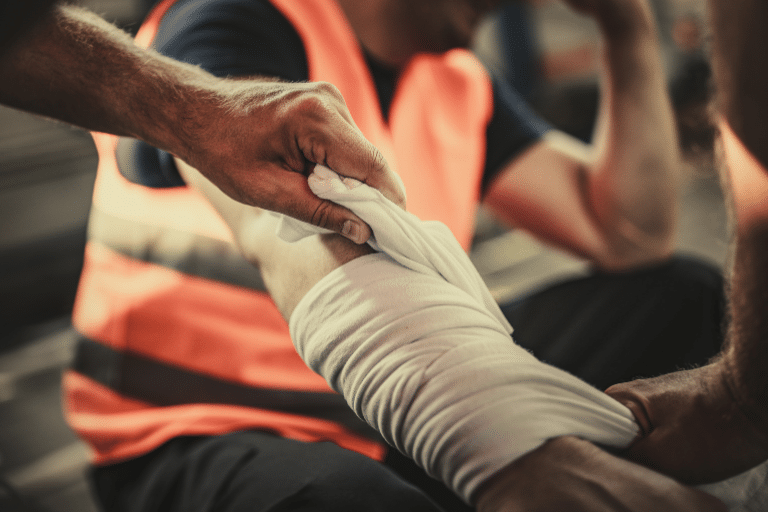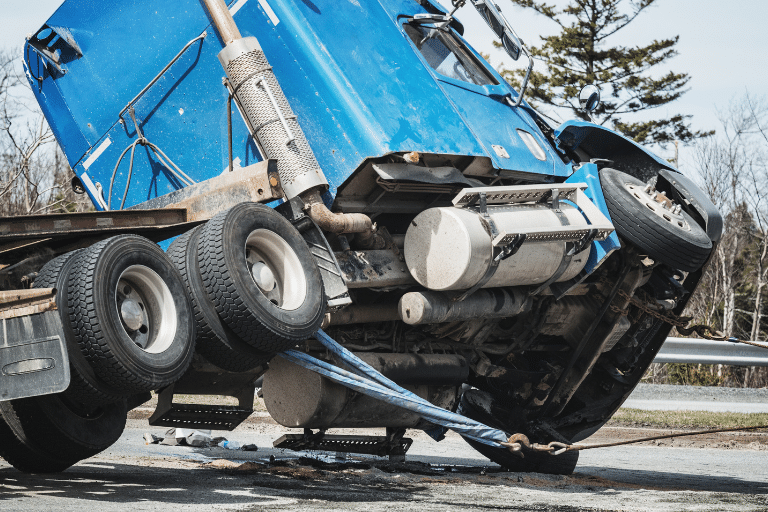Rideshares, like Uber and Lyft, are the height of convenience. Users simply request a ride on their smartphone, then enjoy door-to-door service in a private car. The fees are usually lower than traditional taxis, and the tracking features add another level of safety.
However, rideshare drivers are just as likely to get into accidents as any other driver on the road. Depending on whether you were in the rideshare or driving a vehicle of your own, this can create complex questions of liability. Who’s responsible if you’re injured in a rideshare accident?
Passengers in rideshares
Generally, Uber (and other rideshare companies) have three-part insurance coverage. This limits the company’s liability. If the accident occurs when the driver is on a trip with a passenger, they’re covered by Uber’s $1 million liability coverage, plus another $1 million in uninsured or underinsured coverage.
When an employee acts negligently or recklessly on the job, plaintiffs can sue the employer. This is called “respondeat superior.” Practically speaking, an employer is more likely to have deep pockets to pay for damages. Unfortunately, rideshare drivers are not employees.
Rideshare drivers are considered independent contractors. Any accidents that occur during a paid ride will be covered by the rideshare’s insurance policies—but if the driver is between fares, the rideshare company will deny liability. Even if the driver acts negligently or recklessly, such as driving drunk, the rideshare company is likely to try to avoid paying out. Uber’s insurance policy states that passengers cannot sue for damages in excess of $1 million, even if their drivers are responsible for the injuries.
Drivers and passengers in other vehicles
When a rideshare driver is available for rides, they’re covered by their own insurance, plus contingent liability coverage ($50,000 per injury, up to $100,000, and up to $25,000 in property damage to cover anything the personal insurance does not).
This means that if you’re injured by a rideshare driver while they’re off the clock, you will not be able to sue the rideshare company. You can file a claim against the driver’s personal insurance. If they were available for rides at the time of the accident, the contingent liability coverage may cover your injuries and property damage.
Ultimately, who is responsible will depend on the individual circumstances—but you shouldn’t have to bear the costs alone. The Law Offices of Tim Misny can help you recover compensation after a rideshare accident. Call us today for a consultation.
Get help with your Ohio car accident claim
Were you injured as a result of someone else’s negligence or recklessness? Whomever is responsible, I’ll Make Them Pay!® Get in touch with me at (800) 556-4769 so that I can evaluate your case as soon as possible.







